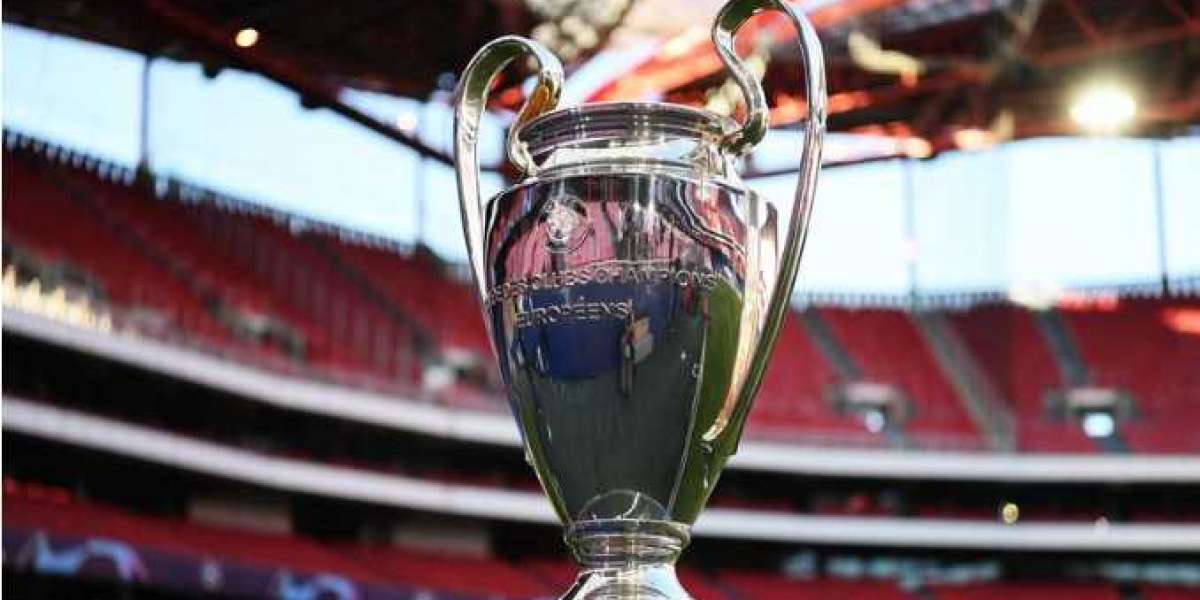The Champions League will be restructured starting in 2024.
UEFA declared last year that the Champions League would be expanded to 36 clubs starting in 2024/25, a year after the European Super League catastrophe. The competition currently includes 32 teams and has operated well for several years.
On May 10, the UEFA Executive Committee will meet, and it is believed that the amendments will be ratified. If they are approved, the number of group stage matches for each team will increase from six to ten.
The modifications will also result in two qualification spaces being designated for clubs who have previously performed well in Europe, as opposed to qualifying solely on the basis of their domestic success in previous seasons. Example: An English club like Liverpool may be allowed to participate in the competition despite the fact that they did not place among the top four teams in the Premier League.
Large numbers of football fans around Europe have voiced their opposition to the proposed reforms, with one Premier League supporters' organization accusing UEFA of wanting to revive the "discredited idea of a European Super League," which famously collapsed in a matter of hours just a year earlier.
According to a statement made by the FSA Premier League Network: "We are united in our opposition to ideas to restructure the Champions League that are a back door attempt to reinstate the discredited concept of a European Super League. Earlier this year, it was our fan groups that banded together to bring the European Super League to its knees.
"It was said at the time that UEFA guaranteed that fans' views will play a central role in choosing what happened next.
"As a result, we now face the threat of modifications to the Champions League that will need many more group games and the selection of some clubs based on a five-year 'Uefa club co-efficient'. Proposals such as these will simply exacerbate the disparity between the wealthiest clubs and the rest, while at the same time ruining domestic league schedules and requiring supporters to forgo more time and money attending meaningless group games."
If the proposed changes are approved by the European Commission next month, 36 clubs will qualify for an extended first phase of the Champions League, in which each club will play against ten opponents of varying strengths. It will result in the formation of a league table, with the top eight clubs automatically continuing to the first knockout round and the remaining 16 clubs entering a play-off round to determine which eight clubs will make up the last-16.
In addition to receiving negative feedback from fans, Premier League teams are concerned that the new format may serve to "introduce a form European Super League by the back door." Premier League clubs Arsenal, Chelsea, Liverpool, Manchester City, and Manchester United were all part in the Super League proposal a year ago and all of them have a chance to qualify if they finish in the Premier League's top six positions this season, according to Sky Sports.
A team will be permitted to qualify for the Champions League if they do not achieve domestic success under the terms of the proposal to generate two wildcard seats for clubs based on previous successes in the competition. The possibility exists that Manchester United might finish sixth in the Premier League table yet still qualify for the Champions League the following season due to their previous successes in the league.
They have won the Champions League twice (their previous title was the European Cup in 1968), therefore their previous achievements could help them secure a place in the competition. UEFA's 10-year club co-efficient now places them ninth in the world.
All 20 Premier League teams, according to Sky Sports, unanimously encouraged league officials last year to reject UEFA's plan for wildcard slots, which they feared would lead to 'leap-frogging' and the inevitable concerns of sports integrity that would result. For example, West Ham United might finish fifth, gaining a place in the Europa League, while Manchester United or Manchester City could finish sixth and still qualify for the Champions League, owing to their co-efficient ratings.
As a result, if the 'Big Six' finish in the top six of the Premier League each season, they will all be eligible to compete in the Champions League every season. It is possible for the sixth-placed team to qualify as long as the fifth-placed team does, and as long as their co-efficient is one of the top-two from all of the countries in the European Union (including England, Germany, Italy, and Spain).
A modification to the four slots allotted to Premier League clubs is not planned at this time. As a result, the top-four finishers will all be automatically qualified.



Igetei Preye 2 yrs
This is good for the league